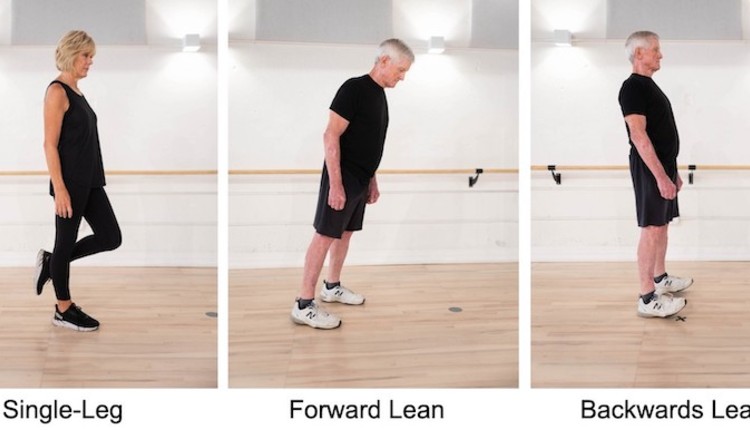| According to the Bureau of Labor Statistics Occupational Outlook Handbook, 2012-13 Edition, "Employment of fitness trainers and instructors is expected to grow by 24 percent from 2010 to 2020, faster than the average for all occupations." Additionally, the Handbook states that, "Aging baby boomers, one group that increasingly is becoming concerned with staying healthy and physically fit, will be the main driver of employment growth in fitness workers." With more and more baby boomers living longer, there is an increasing need for specialized personal trainers to work with the aging and ill populations. Personal trainers are faced with a variety of clients with an assortment of medical conditions that require special attention. As the population ages, personal trainers are seeing a significant increase in the percentage of their clientele who present some type of specialized need. The only way for personal trainers to ensure they are up-to-date and maintain a competitive advantage is to further their education and credentials by specializing in areas appropriate for their targeted market. When selecting an advanced certification, personal trainers should look for a credential with a strict set of requirements from a long-standing established and respected organization. Personal trainers working with clients of special needs or the aging population, for example, must have a high level of knowledge, skills and experience. Acceptable eligibility criteria for advanced credentials include a Bachelor's degree in Exercise Science or related field, current NCCA-accredited certification, advanced level of CPR/AED training and documented practical experience. There are a few advanced certification options available that would meet the demanding criteria for personal trainers looking to work with aging and special populations. Look for a certification that allows you to use an individualized approach to properly assess, motivate, educate and train special population clients of all ages specific to their health and fitness needs and in collaboration with healthcare professionals. Your advanced certification should help you identify those with chronic and temporary health conditions. You should also be able to design safe and effective exercise programs, provide the guidance to help clients achieve their personal health/fitness goals, and recognize and respond to emergency situations. When thinking about what you need to work with special populations, think about what knowledge and skills you want your grandparents' personal trainer to have. Would you want just anyone with a basic level certification working with them? I'm sure most of us would agree that we want the most skilled, highly educated and extremely competent personal trainer. So how do you, as a personal trainer, position yourself to get the clients who have unique needs? You must continue to educate yourself and improve your credentials in order to enhance the practical knowledge and skills you’ve attained through experience. Torrey Smith, MA, CSCS,*D, NSCA-CPT,*D received his Bachelor's degree in Exercise Science from the University of Nebraska-Lincoln and his Master’s degree in Exercise Science from the University of Nebraska-Omaha. Torrey began his career at the NSCA in 2002 and currently is the Certification Director. Torrey is also a Certified Health Fitness Specialist (HFS) through the American College of Sports Medicine (ACSM) and a Certified Sport Performance Coach through USA Weightlifting (USAW). |
Related to:
June 1 2012













